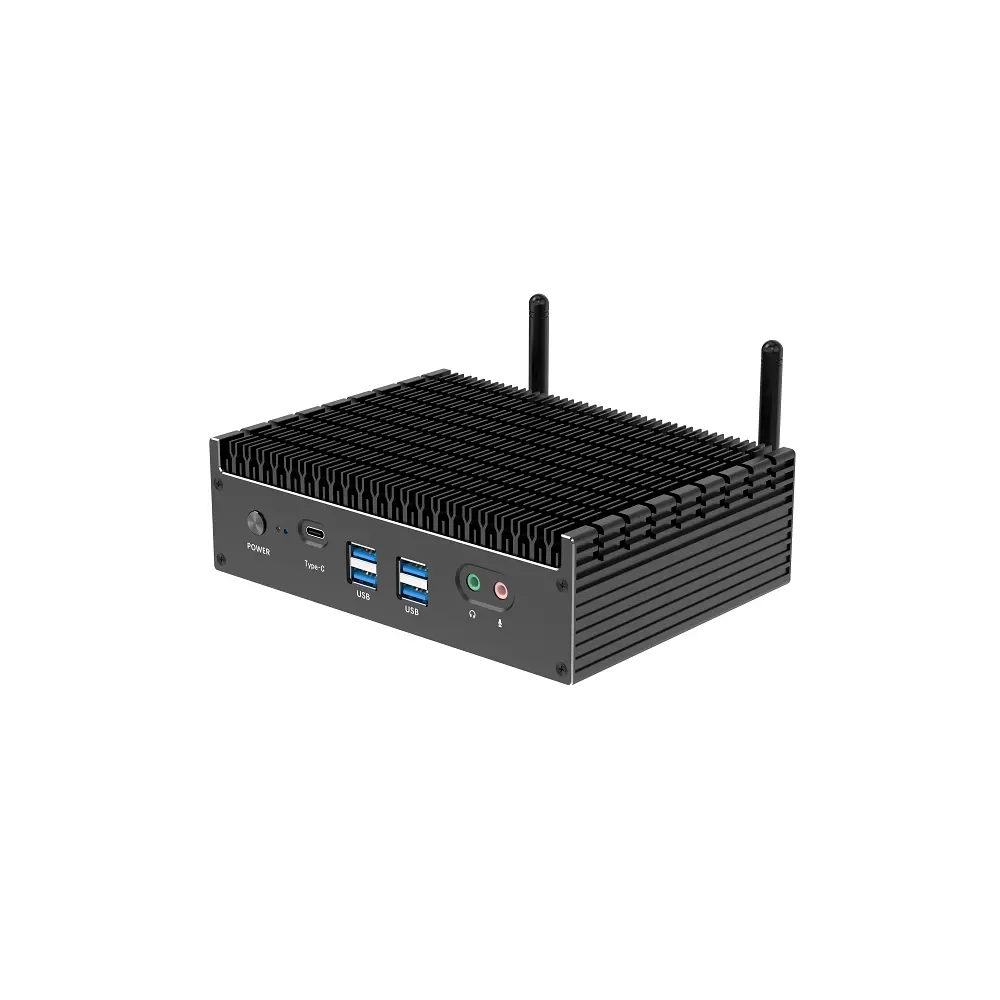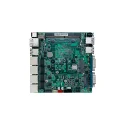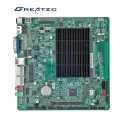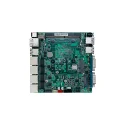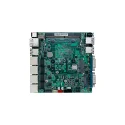2023-12-05
Embedded Computer for Medical Industry
In today's fast-paced world of medical technology, embedded computers have become an essential part of the latest medical equipment and systems. These specialized computers are designed to perform a wide range of tasks, from data acquisition and analysis to real-time monitoring and treatment. Embedded computers are becoming the preferred solution for medical equipment manufacturers and healthcare providers due to their reliability, performance, and adaptability.
Embedded computers are typically smaller and more powerful than general-purpose computers, with features and components optimized for specific medical applications. They are designed to handle the unique challenges of medical environments, including strict safety and reliability requirements, as well as the need for real-time performance and data processing.
Here are some of the key advantages of using embedded computers for the medical industry:
Dedicated Performance: Embedded computers are optimized for specific medical tasks, providing dedicated performance in areas such as data acquisition, analysis, and real-time monitoring. This dedicated performance ensures accurate and reliable medical equipment operation.
Ease of Integration: Embedded computers can be easily integrated into existing medical equipment and systems, as well as new medical technologies. This allows healthcare providers to upgrade and modify their systems as needed, while ensuring seamless integration with existing infrastructure.
Safety and Reliability: Embedded computers are designed with stringent safety and reliability standards, making them suitable for use in medical environments. They are typically certified for medical-grade electronics, ensuring reliable operation in demanding medical conditions.
Real-Time Capabilities: Embedded computers provide real-time capabilities, allowing them to react quickly and accurately to medical events and patient needs. This ensures timely and effective patient care.
Scalability: Embedded computers offer scalability, allowing healthcare providers to choose the appropriate model based on their specific requirements. This ensures that the system can be easily expanded or upgraded as the needs of the medical facility change.
Reduced Power Consumption: Embedded computers are typically designed with power-efficient components, reducing overall power consumption. This helps to minimize the carbon footprint of medical equipment and contributes to energy conservation in healthcare facilities.
Portability: With smaller size and reduced power requirements, embedded computers provide a portable solution for medical equipment. This allows healthcare providers to easily transport and use the equipment in different locations, increasing patient access to care.
Embedded computers have revolutionized the field of medical technology by providing a reliable, dedicated, and flexible solution for medical equipment manufacturers and healthcare providers. With their optimized performance, ease of integration, safety and reliability, real-time capabilities, scalability, reduced power consumption, and portability, embedded computers have become an essential part of modern medical systems. As the medical industry continues to advance, embedded computers will play a crucial role in shaping the future of medical technology.
Mini-ITX Motherboard for KIOSK: A Versatile Solution for Your Needs
The Role and Significance of Embedded Computer Motherboard in Modern Technology
